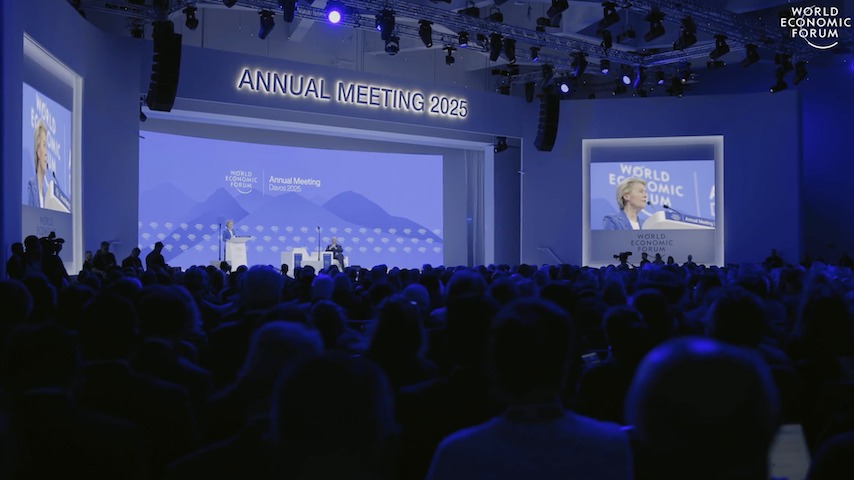Davos: The Word of the Decade is ‘Bleak’
Screenshot via WEF
Every year during its Party for Billionaires in Davos, the World Economic Forum releases a Global Risks Report, surveying “over 900 experts across academia, business, government, international organizations and civil society.” The result is a sort of funhouse mirror inverse to the UN’s Sustainable Development Goals, a graphically pleasing picture of all the worst shit in the world. And this year, in its release on the report, the WEF offers a fun summation:
“‘Bleak’ is the umbrella adjective describing the overall state of things.”
-

-

-

-

-

-

-

-

-

-

-

-

-

-

-

-

-

-

-

-

-

-

-

-

-

-

-

-

-

-

-

-

-

-

-

-

-

-

-

-

-

-

-

-

-

-

-

-

-

-

-

-

-

-

-

-

-

-

-

-

-

-

-

-

-

-

-

-

-

-

-

-

-

-

-

-

-

-

-

-

-

-

-

-

-

-

-

-

-

-

-

-

-

-

-

-

-

-

-

-

-

-

-

-

-

-

-

-












































































































